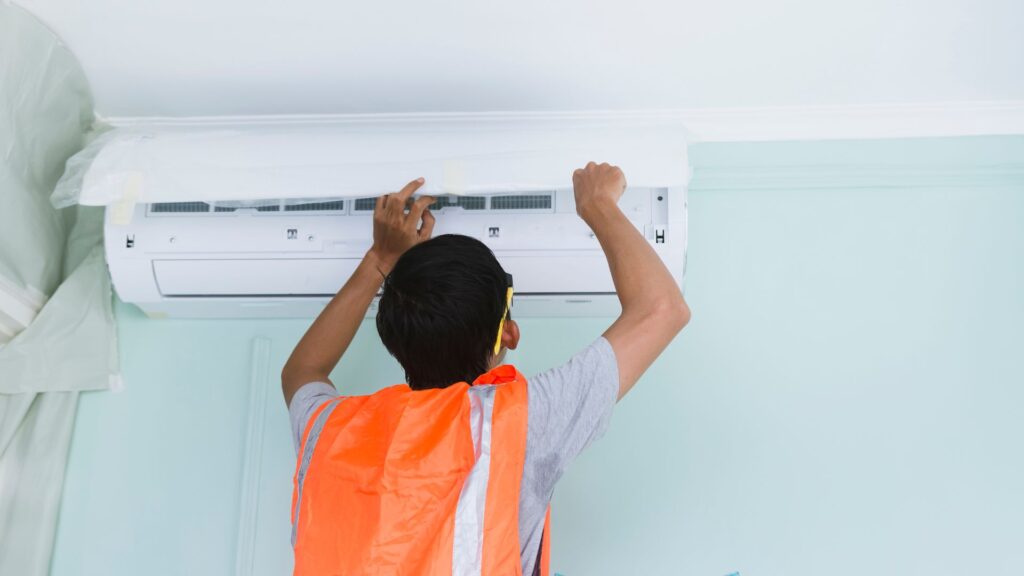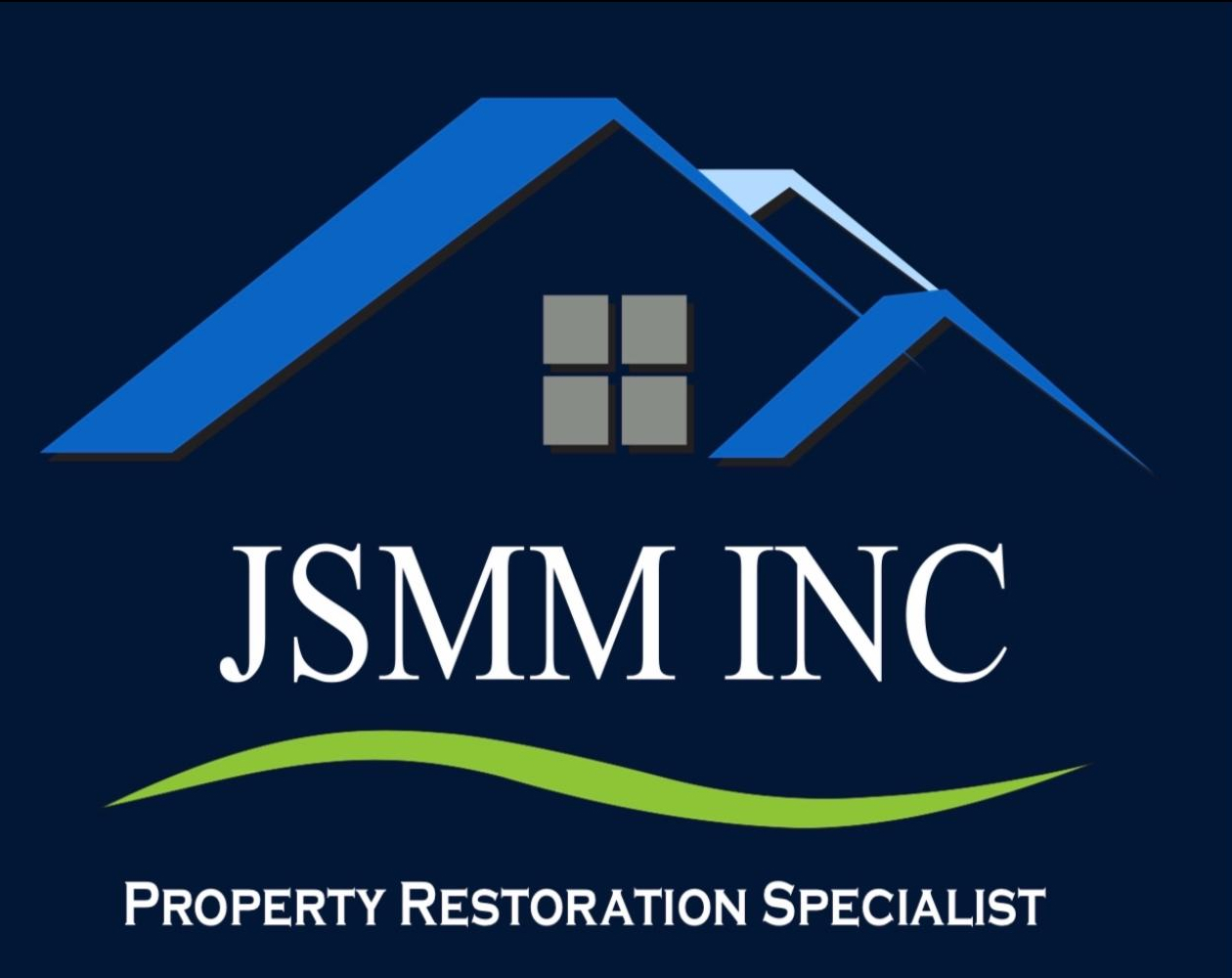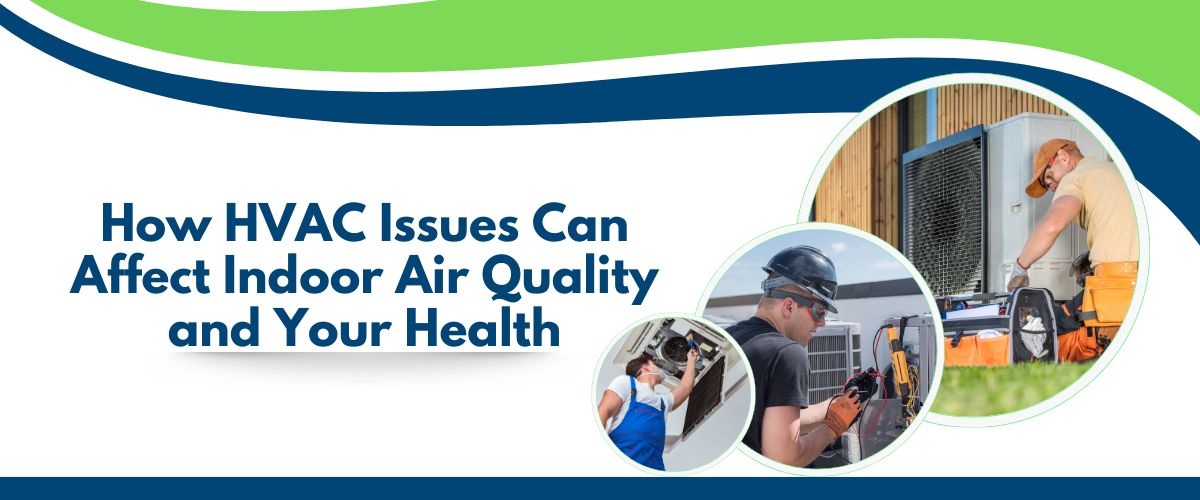Imagine coming home after a long day. You take a deep breath, hoping to relax, but instead you start to sneeze, cough, or just feel unwell. Many people do not realize how much their heating and air system affects the air inside their home. Your HVAC system helps you stay warm, cool, and comfortable.
When it does not work right, you breathe in more dust, dirt, and even germs. Bad air inside your home can hurt your health, especially if you have kids, older family members, or someone with a health problem at home. In this guide, you will learn how HVAC issues can hurt the air you breathe and your health, plus what you can do to keep your family safe. We will look at simple problems, why they matter, and easy steps that make a real impact.
Table of Contents
ToggleHow HVAC Problems Impact Indoor Air Quality
- Dirty or clogged filters
- Mold and moisture inside the system
- Poor ventilation and weak airflow
-
Dirty or Clogged Filters
HVAC filters help catch dust, pollen, pet hair, and other small things that float in the air. When the filters get too full, they can not do their job. Bad filters let dirt and allergens blow back into your rooms. You might see more dust on your furniture or sneeze more. For people with asthma or allergies, this makes things much worse.
Change your filters on time. This is a simple step that keeps indoor air cleaner and your system working better.
-
Mold and Moisture Buildup
When your HVAC system leaks or has too much moisture, it can grow mold inside the ducts or the unit itself. Leaks, bad seals, or clogged drains let water build up. Mold spores from inside the system spread easily through the air to every room. You may notice a musty smell, spots on walls or vents, or feel damp air.
Breathing in mold is especially tough for kids, seniors, or anyone with lung problems. Mold can make you cough, wheeze, or even get headaches.
-
Poor Ventilation and Airflow
Good airflow pushes out stale air and brings in fresh air. When your HVAC system is weak, stuck, or blocked, gases and pollution stay trapped. Even cooking or cleaning can leave behind fumes that hang in the air when the system does not move air around.
Over time, you may feel tired, dizzy, or get headaches. You also notice rooms that feel stuffy or have different temperatures.
Health Effects Linked to HVAC Issues

-
Allergies and Respiratory Irritation
-
Long-Term Health Risks
If you always breathe bad air, you face more than just coughs and sneezes. Tiny bits of dust, chemicals, and germs can reach deep into your lungs. Over many months or years, this raises your risk for-
- Asthma
- Bronchitis
- Other breathing problems
-
Vulnerable Populations
Not everyone reacts the same to bad air. Some people feel the effects much faster. The highest risk goes to-
- Babies and children
- Seniors
- People with asthma or weak lungs
- People with allergies
Solutions: Improving Indoor Air Quality Through HVAC Maintenance

-
Routine Maintenance and Filter Changes
Change your HVAC filters every 1 to 3 months. Write the date on the filter when you put it in. Dirty filters make your system work harder and spill dust back into the air.
Ask a trained technician to check your system once or twice a year. They will look for parts that need cleaning or fixing.
A checklist for filter care-
- Buy the right size filter for your HVAC unit
- Set a reminder to check and change it
- Watch for more dust in your home
-
Addressing System Leaks and Moisture
Leaks and extra water in the system lead to mold. Look around your HVAC unit and pipes for drips or wet spots. Clear any drain lines. Fix leaks fast.
If you need help with pipes, drains, or water problems, you might reach out to plumbers in Highland Park, IL. They can help stop leaks and prevent mold from forming in your system.
-
Improving Ventilation and Air Circulation
Good airflow starts with clear vents and registers. Open them, clean away dust, and never block them with furniture or rugs.
You may open windows for fresh air when the weather is nice, but if you have ongoing stuffy rooms, call for an inspection. A professional can measure air flow and help you find spots that need better ventilation.
Try using ceiling fans or exhaust fans in bathrooms and kitchens. This helps keep air moving and pushes out unwanted fumes or moisture.
The Bottom Line
HVAC issues can fill your home with dust, mold, and other things you should not breathe. This can make you feel sick or harm long-term health, especially for kids, seniors, and people with weak lungs. Some simple steps—like changing your filters, getting regular service, and fixing leaks—go a long way.
If you are worried about your air or want to help your family breathe easier, take time to care for your HVAC system. Partner with trusted experts for bigger repairs or questions.
Your home should be a safe space. Clean air matters. Take control of your air quality today so you and your loved ones can breathe easily.


